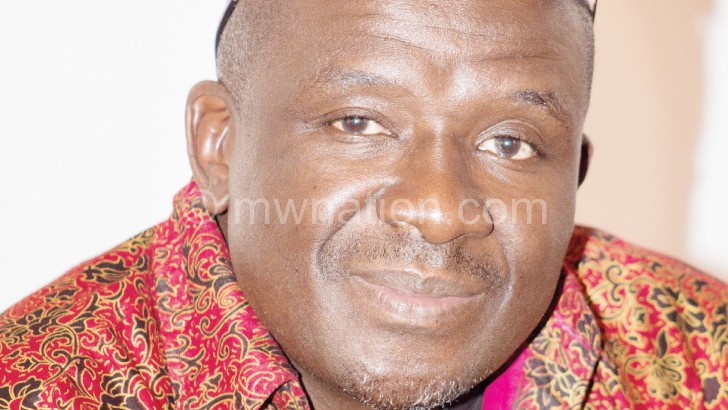What’s in un human Rights seat for us?
Malawi recently retained its position in the United Nations Human Rights Council (UNHRC) with 182 votes. The council upholds and advances fundamental freedoms globally. Our reporter PRECIOUS KUMBANI engaged governance and human rights advocate Undule Mwakasungula to unpack this. Excerpts.

Q
: How do you describe Malawi’s place in the UN Human Rights Council?
A
: This is a milestone. News that Malawi has been re-elected as a member of the council with the highest votes among African countries is pleasing and a source of national pride.
Q
: What does it mean for Malawi as a nation?
A
: Malawi’s re-election serves as an affirmation of the country’s commitment to human rights. It indicates that the international community recognises Malawi’s efforts in this domain.
Q
: How critical is this position for the country and the rest of Africa?
A
: Being a member of the UNHRC offers Malawi a platform to influence global human rights policies. This is particularly important for a country like ours, which has a diverse set of its own challenges related to human rights, including issues surrounding health, education, women, girls persons with albinism, sexual and reproductive health and rights (SRHR), people who use drugs, LGBTQI rights, and more. This membership, therefore, comes with the responsibility of upholding the highest standards in the promotion and protection of human rights. It puts Malawi under international scrutiny, thereby encouraging transparency and accountability.
Q
: Malawi received a high number of votes from fellow African countries, how significant is this?
A
: Interestingly, the high number of votes Malawi received among African countries enhances Malawi’s diplomatic capital. It positions the country as a leader in human rights within the continent, which could be leveraged in bilateral and multilateral negotiations.
Q
: How should Malawi utilise this opportunity?
A
: The country has the opportunity to represent not just itself, but also other African nations in global dialogues on human rights. This is crucial for bringing African perspectives into international human rights discourse.
As a human rights advocate, this news is encouraging. It provides an opportunity for Malawi to play an important role in shaping human rights policies globally. However, it also serves as a reminder that much work remains to be done domestically. The country must strive to set an example by addressing its own human rights challenges effectively.
In summary, Malawi’s re-election to the UNHRC is a major milestone both nationally and internationally. It offers a platform for greater influence, but also comes with the responsibility to uphold and advance human rights both within its borders and globally.





